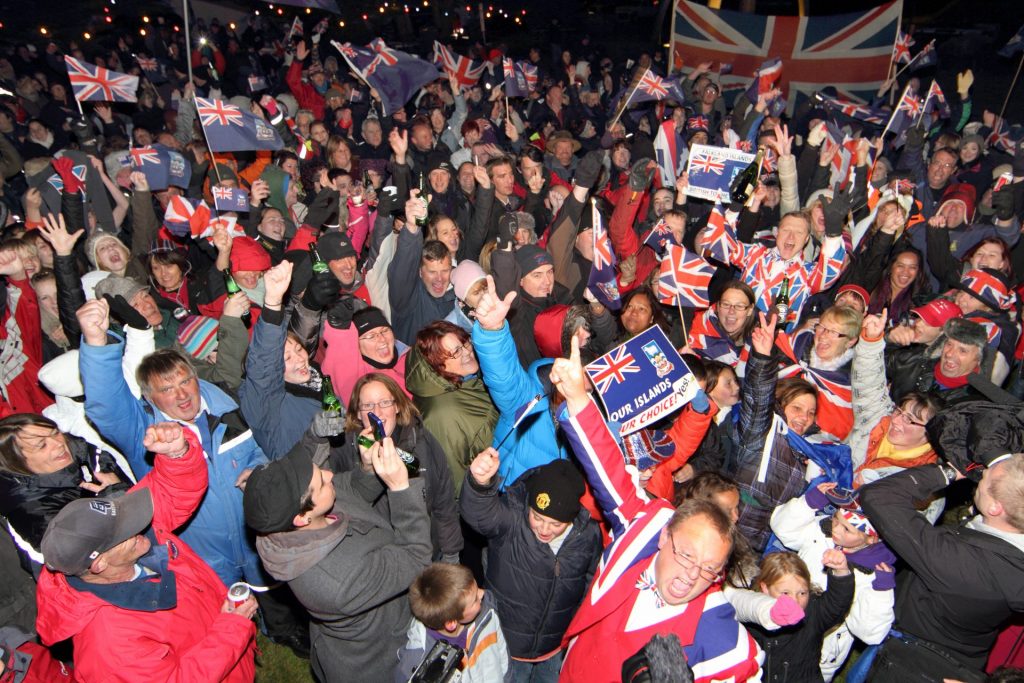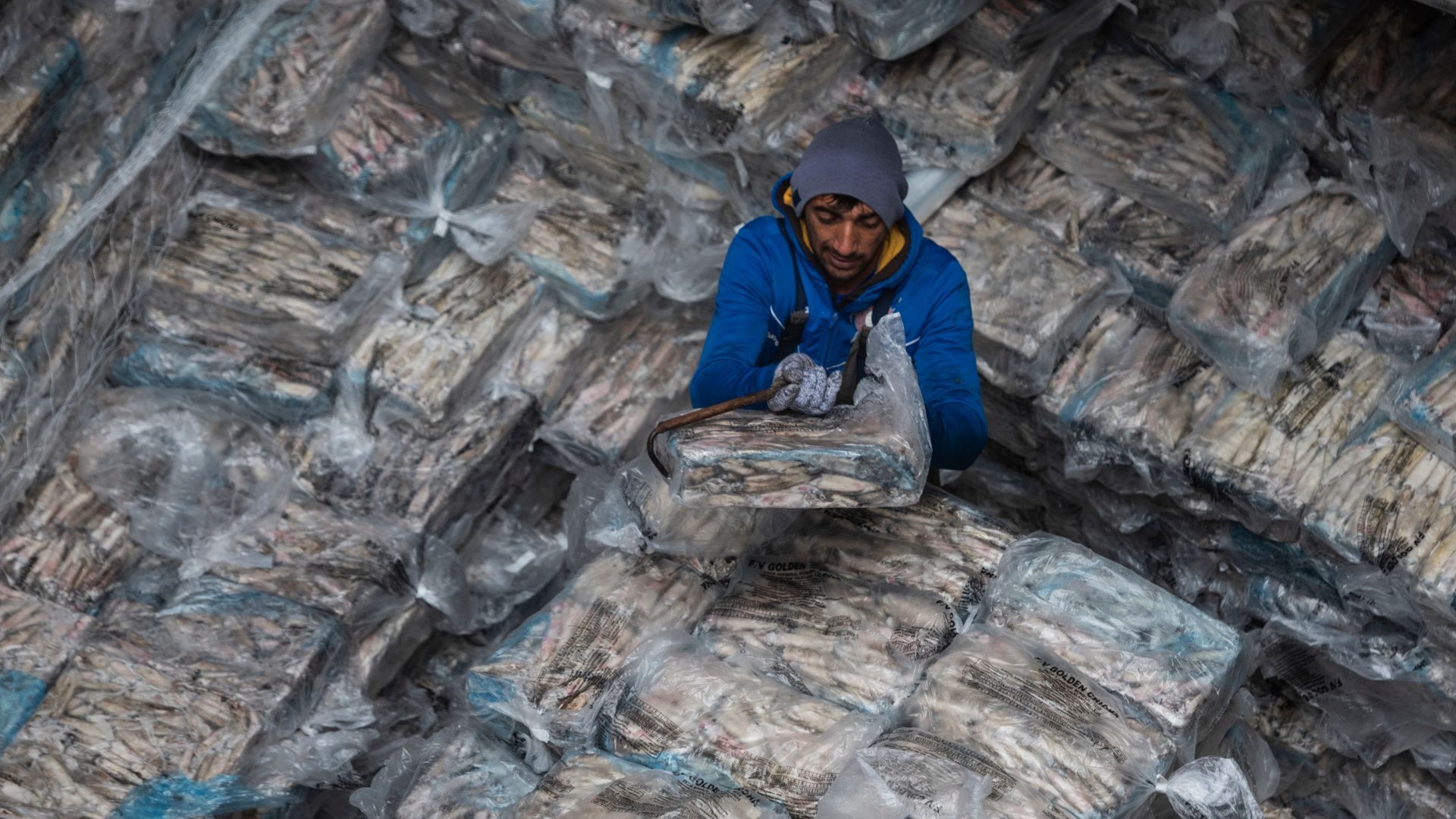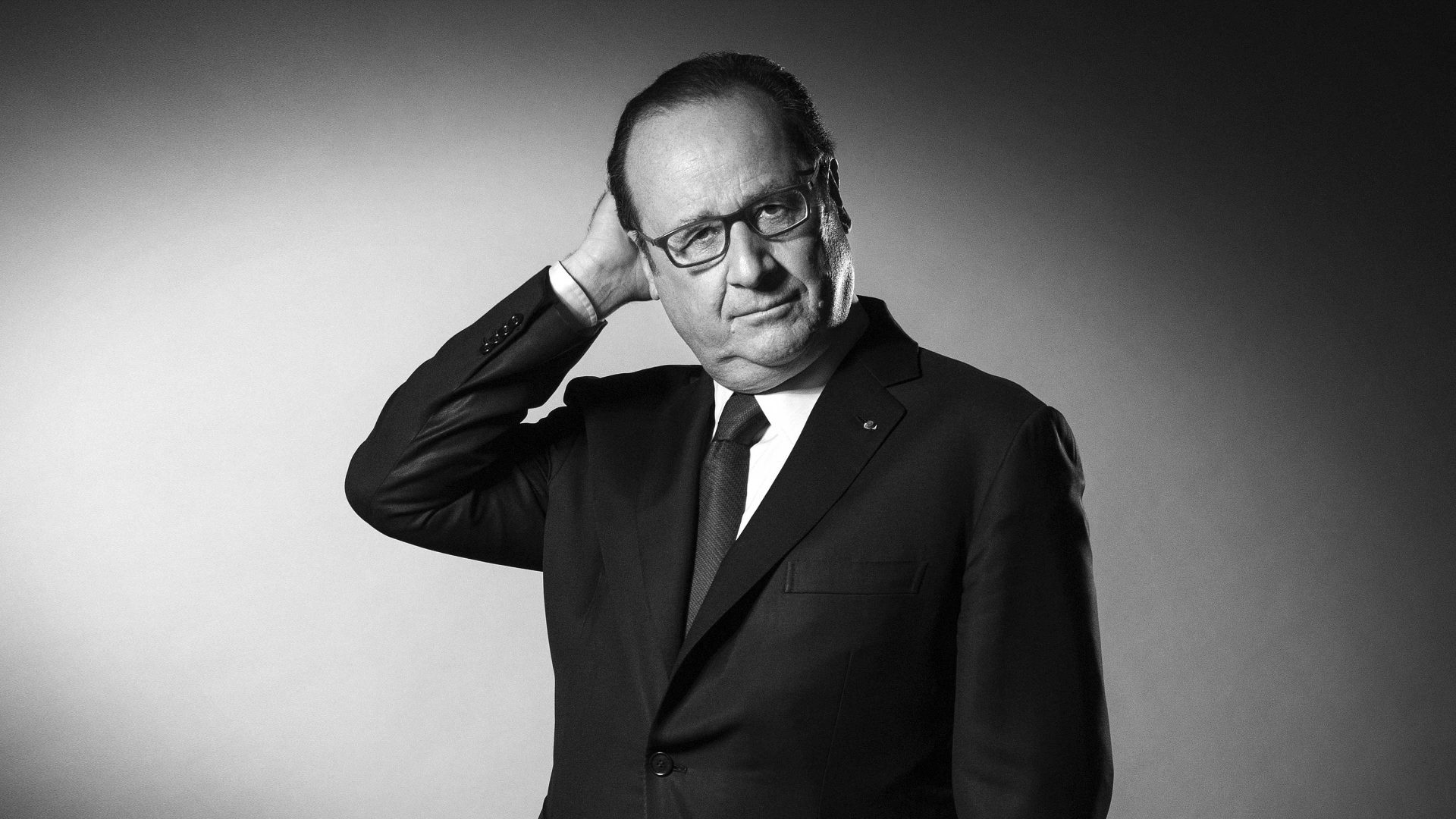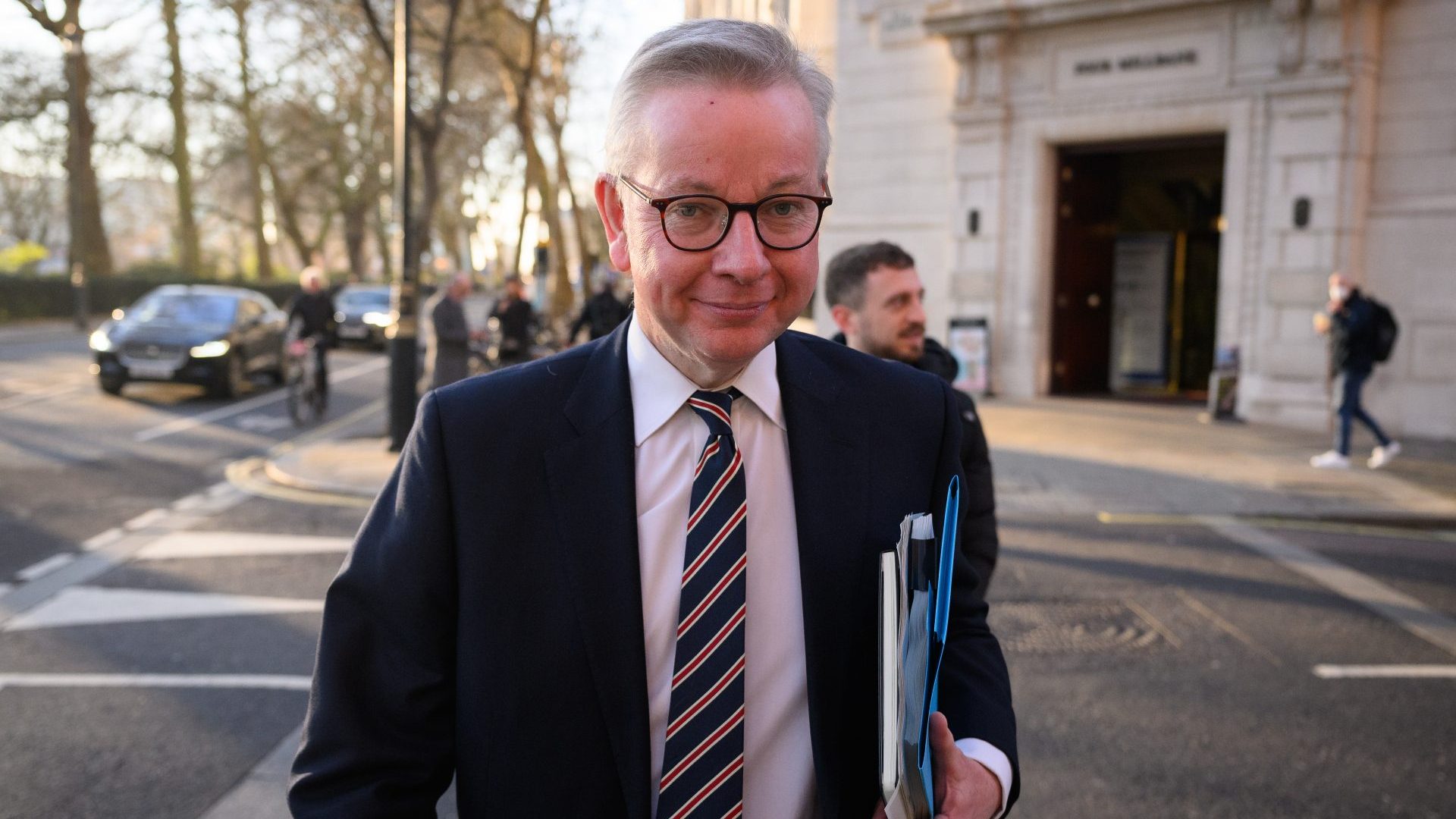Forty years ago, the tiny population of the Falkland Islands was living under Argentine occupation after the invasion of April 2, 1982. By midJune, the islands had been liberated by British forces after some fierce and bloody fighting – particularly in the mountains overlooking the capital, Stanley – and as the fallen were mourned and the restoration of freedom celebrated, thoughts turned to what would happen next.
Because in truth, before the war, there were question marks over how the islands would or could survive in the long term. What had once been a key British outpost in the South Atlantic – and a strategically very valuable one for shipping until the Panama Canal opened – was in decline.
The economy was almost entirely based around sheep farming and the population had been dwindling since the 1950s, hitting a low of barely 1,800 in the mid-1970s.
In 1976, a concerned British government sent Lord Shackleton – son of the famed Antarctic explorer Ernest Shackleton – to assess the future of the islands. His conclusions were largely ignored at first, but in the aftermath of 1982 there was suddenly the political will to secure the islands’ future. Shackleton was asked to update his report, and he made one key recommendation that would transform the Falklands from a struggling, economically fragile drain on the treasury into a self-sufficient and thriving modern community.
Because while almost the entire population was employed farming the land, just out to sea, a few miles off the rugged coastline made famous in those grainy clips of news footage from 1982, there was an underwater goldmine just waiting to be tapped. For some years, foreign-flagged vessels, mainly Spanish, Korean and Polish, had been fishing in the squidrich waters off the islands. Shackleton recommended the British establish a 200-nautical-mile fishing zone, allowing the Falklands government to sell licences, and to protect the waters from overfishing.
The zone was set up in 1986, and it’s hard to overstate how transformational this was for the islands. For the first time, income previously lost on the high seas was now benefiting the locals and the revenue of the Falkland Islands government soon increased by a staggering 500%.
This allowed them to invest heavily in many areas of local infrastructure and education – with a new school one of the first investments made – and ensured the islands became entirely self-sufficient, save for the cost of defence.
The money trickled down the Falklands economy: locally owned fishing companies sprang up and began reinvesting money into the islands. The population has grown almost every year since 1986 and has now almost doubled compared with the years immediately before the war.
The only downside to this success, perhaps, is over-reliance. Because while agriculture is still one of the biggest activities in the islands – with around 80% of the land used for sheep farming – and despite the growth of a tourism sector that was booming before the Covid pandemic, the Falklands is heavily reliant on offshore fishing.

Michael Poole, 37, was the first islander born after the 1982 conflict to be voted on to the Falklands legislative assembly – the equivalent of an MP – when he was elected in 2013. His family has lived in the islands for generations. “It varies slightly but the fishing industry makes up somewhere between 55 and 70% of GDP in an average year,” he told The New European in his office in Stanley. “It really is central to the economy in the Falklands, and has been since the fishery was created.”
If the fishing sector has a problem, then so does the Falklands. And while Dominic Cummings and Boris Johnson may have been unaware of it as they campaigned for Brexit, Poole and his colleagues knew a vote to leave would have huge consequences for the islands, given that more than 80% of the squid and fish caught in Falklands waters ends up in Europe.
In the run-up to the referendum, Poole was tasked with ensuring the British government was aware of those consequences – though he says those views were largely given in private, “because we didn’t want to be seen to take a view on what we saw as a decision for the people of the UK”.
“But we certainly made sure government ministers and civil servants within the Foreign Office and other departments knew of the potential impact on the Falklands,” he adds.
Teslyn Barkman, 34, is a seventh-generation islander who became the youngest woman ever elected in the Falklands when she won a seat on the legislative assembly in 2017 at the age of 29. She was giving birth to her son in Stanley’s hospital when the referendum result was announced, and when elected she took on the Brexit portfolio.
“It was my first time in politics, and 10 days after the election I hopped on a plane to have a conversation with Theresa May directly about it,” she recalls. “I also spoke with other ministers and in every forum, any opportunity I got, I was standing up and talking about our Brexit concerns. In terms of our economy there is only risk.”
Initially, there was optimism there might be a way to soften the blow for the islands as negotiations with the EU continued. Poole says: “Really, up until quite late in the process there was genuine hope that would be the case, but it didn’t end up that way and it really was right at the end of it that people thought: ‘Oh God, it’s going to be the worst possible scenario’.
That scenario meant that from January 1 last year, tariffs were imposed on Falklands exports to the EU – by far the islands’ biggest export market for its biggest industry.
“The total value of the fishing sector in the islands varies quite a bit year to year with catches and market prices and demand levels in Europe,” says Poole, “but you’re talking probably €200m to €250m [£168m-£210m] worth of exports from the Falklands and I would say a good 80 to 85% of that will be loligo [a type of squid]. And most of that product will end up in Spain for distribution across Europe.”
In fact, the Falklands catch equates to between half and a third of all squid eaten in Europe today.
Barkman says: “If you’re sitting somewhere in Spain or Italy and you’re enjoying some gorgeous calamari, there’s at least a one in three chance that it’s from here. And if it’s the good stuff, it’s very probably from here, because we work to very reliable commercial sizes, and it’s excellent quality.”
Poole stepped away from politics in 2017 and is now general manager of Fortuna Ltd – the first locally owned company to fish in Falklands waters after the zone was set up, and today owner of the largest Falklands-flagged fleet of vessels fishing in the area. “The tariffs for loligo, which is 90% of our business, are 6%, but for some of the finfish products like king clip, hake and so on, they go up to 18%,” he explained. “We know what we pay in tariffs, and it’s millions of euros, just for Fortuna – and that’s obviously scaled up across the industry so it would be, I would imagine, somewhere between €10m and €20m paid in tariffs across the sector, per year.
“We’re paying out millions of euros to EU customs that we weren’t previously, and never had before. It’s a substantial amount – just to give a little bit of context, the national government here has a budget of about £90m a year, so these are big numbers that are being extracted.”
Poole’s company fishes across a range of species, but he says, “for those companies dedicated solely to finfish – and there are some in the Falklands – it must be very challenging, and I think we will start to see some vessels make a decision as to whether it’s viable to fish in those fisheries any more.”
Falklands farmers have also been hit by tariffs. In 2002, the Falklands government funded a brand new abattoir, built to full EU standards, to allow meat exports to Europe for the first time. But thanks to tariffs of up to 48%, that industry is now dead.
“We knew quite early on that meat exports to the EU were effectively not going to happen,” says Barkman. “Comparatively, agriculture is very small compared to fish in terms of GDP, but in terms of diversification [for farmers], yes it’s a problem.
“We could still sell into the UK, but that market itself is being flooded by Welsh lamb that can’t get into the EU, or by trade arrangements with New Zealand and elsewhere. They don’t need our meat.”
The Falklands government and the fishing industry are still working to try to improve the situation. “We’d love to see the EU agreeing to some kind of special arrangement to revert to how we were, but I think politically that seems very unlikely,” says Poole.
Barkman is more hopeful. “The political ambition remains that we would like to negotiate a tariff-free, quota-free deal with the EU for our fisheries products,” she says. “We’ve realised just how impactful our product is on the European market and I think they want to secure that for the long term – it’s such an obvious win for both sides.
“The vessels that we have fishing in our waters – most of them are built in Spain, and it supports thousands of jobs as well in Europe. There is so much benefit that the Falklands is having upon the EU. We need to have a long-term, stable future with them. It makes sense for them and it makes sense for us.”
Rob Burnett is a journalist and writer who grew up in the Falkland Islands.



